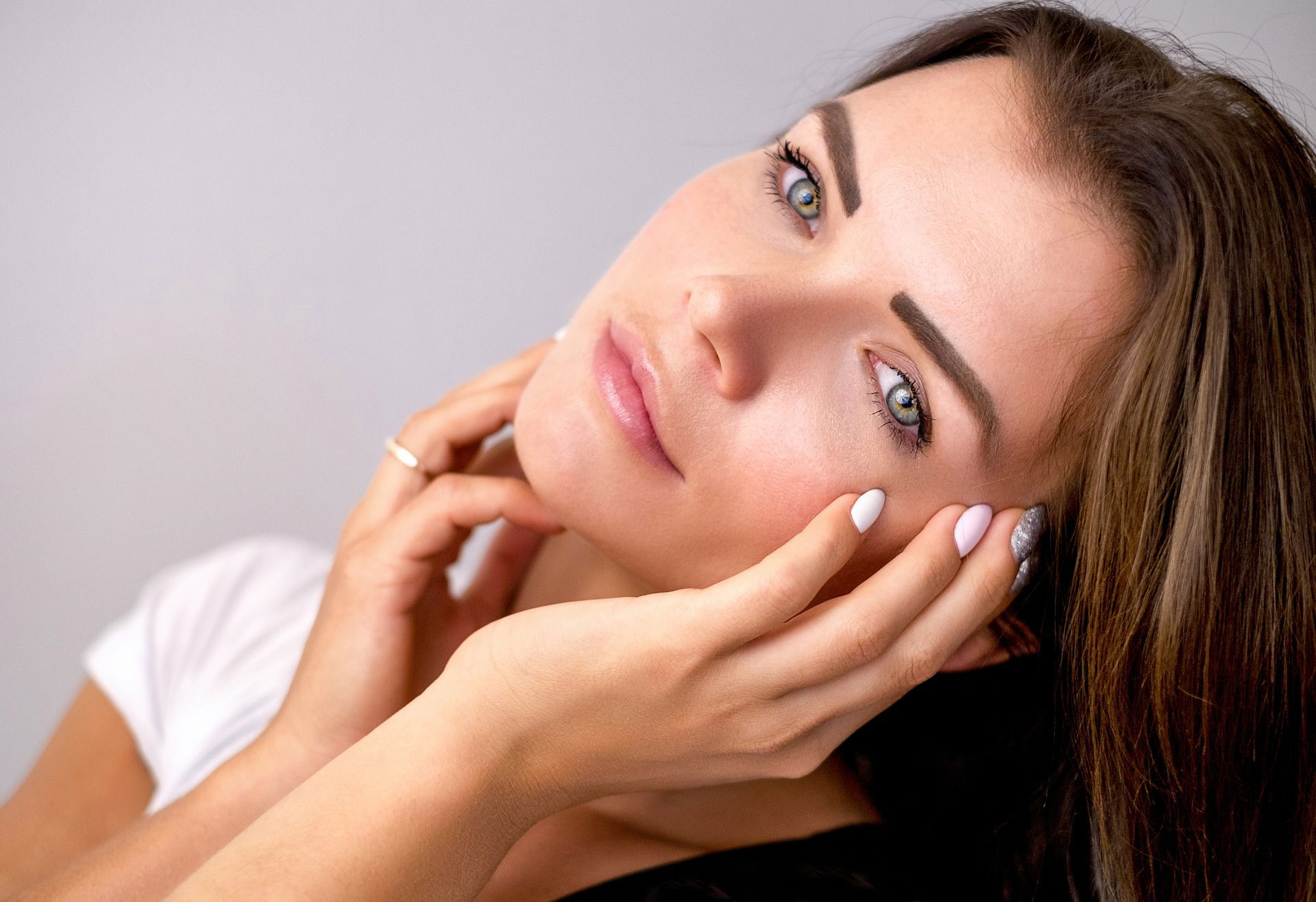Our skin is much more than just a pretty surface; it's the body's largest organ, playing a vital role in our health and well-being.

The Function of our skin
Skin acts as a barrier, protecting us from harmful UV rays, pollutants, and pathogens. It also helps regulate body temperature through sweating and plays a vital role in vitamin D production.
Types Of The Skin
Not all skin is created equal! Here are the most common types:
Dry Skin: Feels tight and flaky, lacking natural oils. It benefits from gentle cleansers and fragrance-free, hydrating moisturizers.
Oily Skin: Prone to shine and breakouts due to excess oil production. Opt for water-based, oil-free cleansers and avoid harsh scrubs that can irritate.
Combination Skin: A mix of both dry and oily zones, typically the T-zone (forehead, nose, chin) being oilier. Use lighter, oil-free moisturizers for oily areas and target dryness with richer creams.
Sensitive Skin: Easily irritated by products or environmental factors. Fragrance-free, hypoallergenic formulas are best for this delicate type.

Taking Care of Your Skin: A consistent skincare routine is key for all skin types:
Cleanse: Wash your face twice daily with a gentle cleanser suitable for your skin type.
Moisturize: Apply a moisturizer daily to hydrate and maintain skin's barrier function. Choose oil-free for oily skin and richer formulas for dry skin.
Exfoliate: Gently remove dead skin cells 1-2 times a week with a suitable exfoliator.
Sunscreen: Protect your skin from harmful UV rays every day, even on cloudy days, with SPF 30 or higher broad-spectrum sunscreen.
Remember, this is just a starting point. If you have any concerns about your skin, it's always best to consult a dermatologist for personalized advice. With a little knowledge and the right routine, you can keep your skin healthy and glowing!